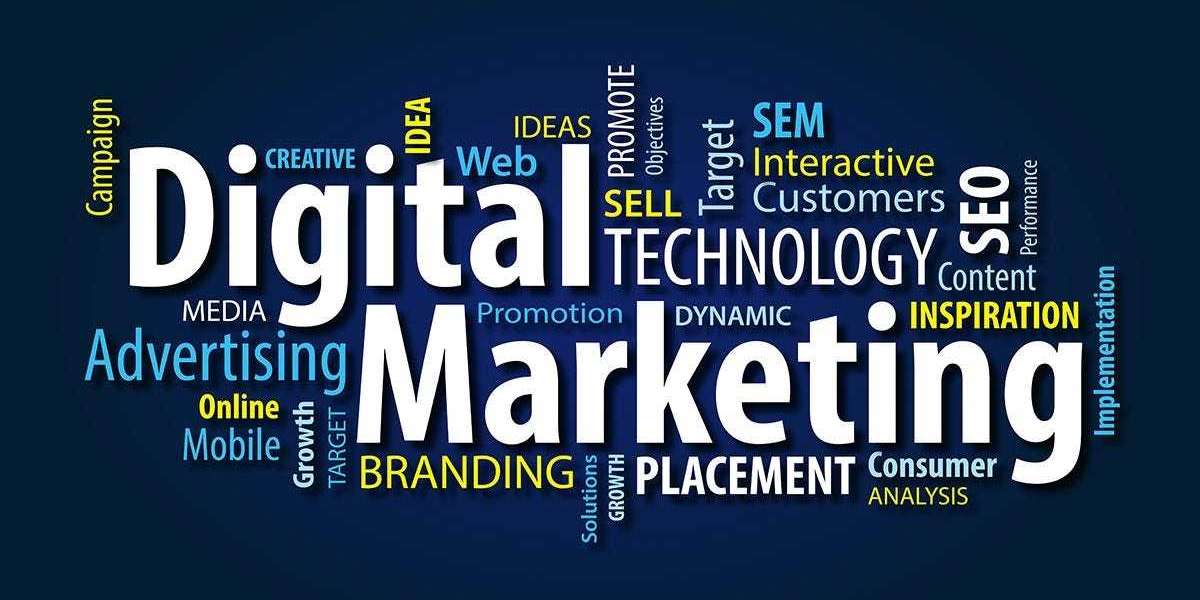Why Does Your Business Need to Be Digitally Accessible?
5 reasons why digital accessibility is essential for your business.
If the pandemic taught business owners anything, it was to innovate, pivot and become more creative.
That’s all very well, but if your online content isn’t accessible, then you are excluding a massive sector of society from being able to access your products and services.
1 in 5 UK households has a person or persons living with a disability, and this is worth approximately £274 billion annually. That’s a huge market to not be including!
So why is being digitally accessible vital for your business?
1. Breaking Down Barriers
Being excluded from social content that is inaccessible, not being able to browse and shop independently online, and the inability to communicate with a business in a way that caters for the needs of an individual, are all unnecessary barriers. And for business owners this is extremely costly. It is essential to break down those barriers and make the whole user experience as simple and seamless to navigate as possible.
2. Create Brand Loyalty and Reputation
When there are no barriers, this will create brand loyalty to you as a business who is digitally accessible. You will become known as the ‘go to’ in your niche, simply by having key features in place consistently across all your channels. You cannot put a price on your reputation, and it only takes one negative feedback to create that domino effect.
3. Increased Online Reach
When your digital accessibility is on pointe, your reach and visibility will increase, because more of your consumers can access your content and actively engage, which leads to growing that all important know, like and trust factor. Which will result in sales and further recommendations.
4. Competitive Advantage
The online space is very noisy, which makes it harder for businesses to compete. However, by implementing improved digital accessibility into your business, you immediately put yourself ahead of your competitors who aren’t. And if you maintain it, you will be known as the ‘go to’ in your industry for being inclusive and accessible.
5. Legal Obligation
The UK Equality Act 2010 states that organisations must make reasonable adjustments to ensure that their services are accessible, so that disabled people are not excluded. This includes those with impairments too. The act recognises that services are both physical (bricks and mortar establishments), and digital services including websites, apps, and documents such as pdfs. For further information and guidance on the legal requirements check out Business Scope.
Are you now thinking that you need to improve the digital accessibility of your business, but are feeling totally lost and overwhelmed?
Well, you aren’t alone! This is a common response, and in my experience, this often leads to businesses then doing nothing.
I am severely sight impaired with a genetic eye disease, so I experience daily the frustrations of not being able to navigate the online world and. That’s why I started my own business, consulting and coaching on how to rectify the lack of digital accessibility. By educating and raising awareness through my lived experiences, I can create a global change for the greater good of the visually impaired community.
Why not join my free group at IMPACT - Digital Accessibility Business Support Hub
Image Description for #Accessibility
A graphic with a black background and an image of Lou with her arms outstretched, holding her long white cane up. She is a a white female with short brown hair, and wearing dark wraparound sunglasses, a cobalt blue floral maxi dress and whhite cardigan. In the top right is the Impact logo. Around Lou are 5 circles, each one containing a different accessibility element. From L to R: emoji, alt text, colour wheel, fonts, hashtag.








